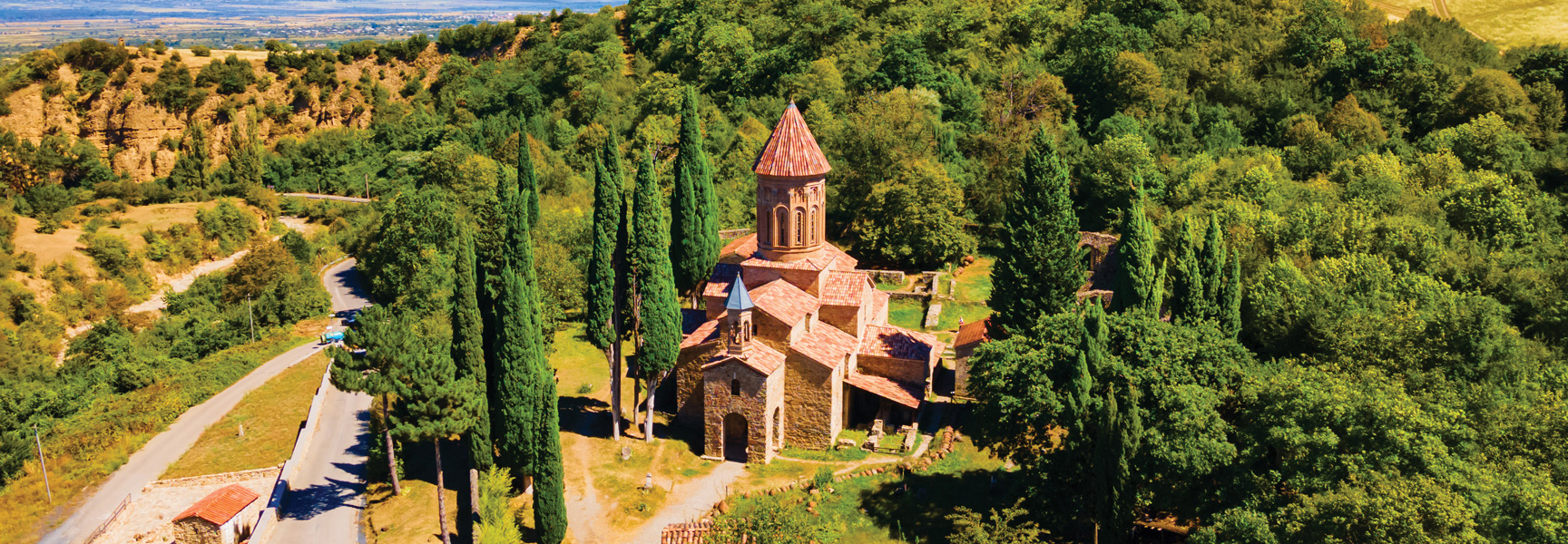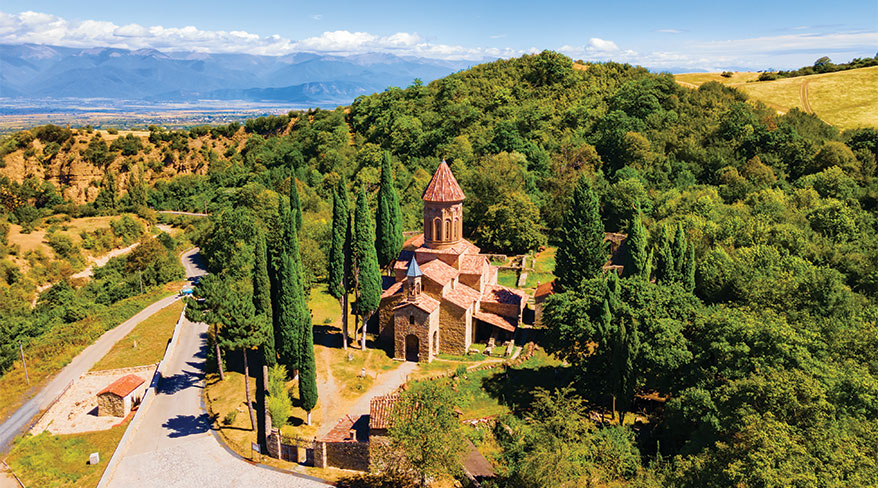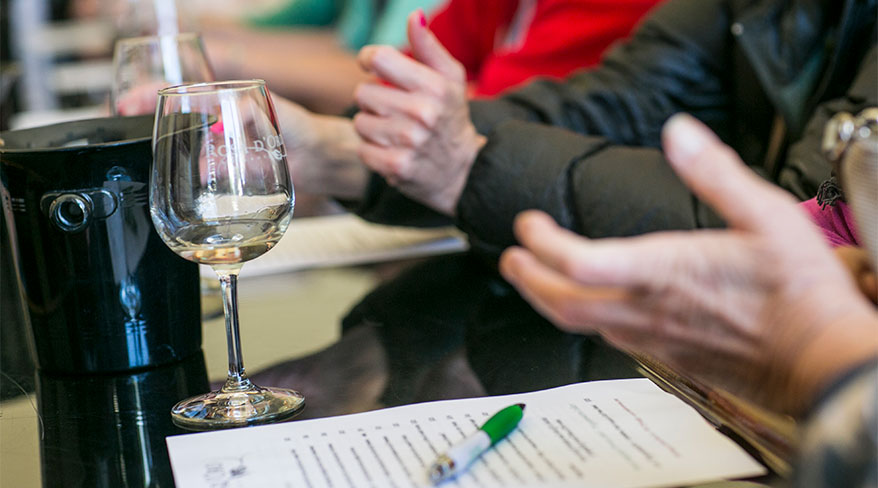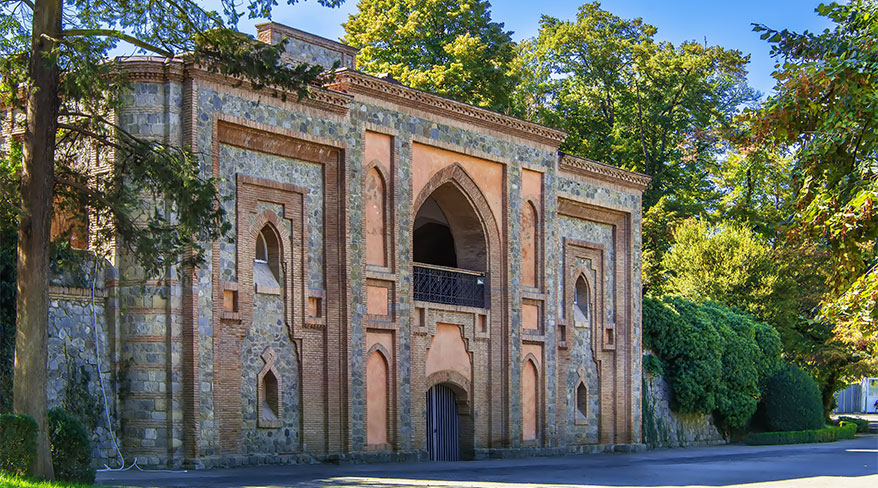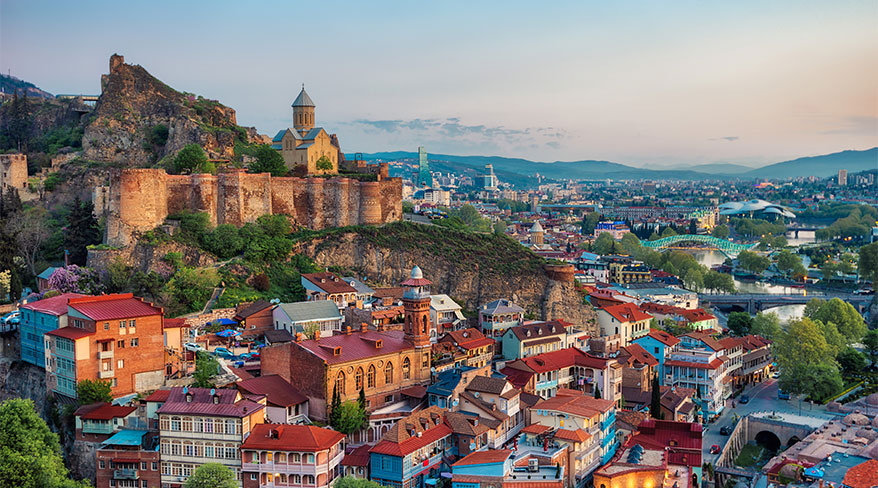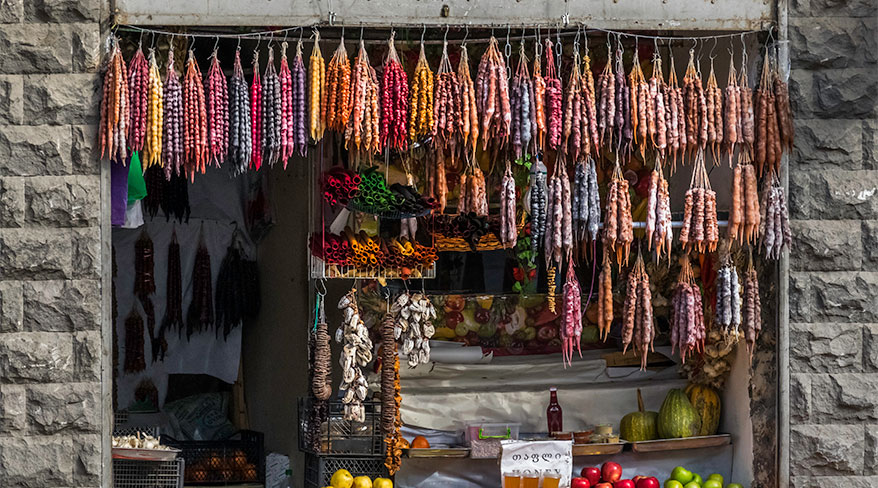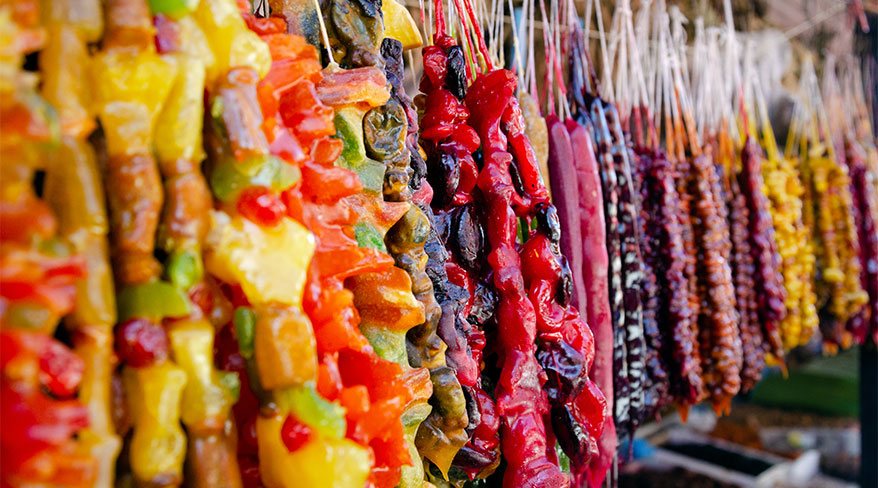A Spy by Nature
by Charles Cumming
Introducing the London School of Economics graduate and reluctant British spy Alec Milius. When he lands a prime job for a British oil company, Alec finds himself trapped in a world of secrets and lies that could cost him his life.
Ali and Nino, A Love Story
by Paul Theroux (Afterword), Kurban Said
The deeply sentimental tale, set in Baku in the years before WWI, of an Azerbaijani Muslim boy in love with a Georgian Christian girl, originally published in 1937.
Black Sea
by Neal Ascherson
In this skillful regional portrait, Ascherson weaves his own travels and impressions with a fascinating account of the Black Sea's history. From ancient mythology to modern politics, he admirably never loses sight of the sea itself.
Black Sea: Dispatches and Recipes
by Caroline Eden
Caucasus, A Journey to the Land between Christianity and Islam
by Nicholas Griffin
An engaging account of travels in the Caucasus in the footsteps of Imam Shamil, a Muslim who resisted the Russians in the 19th century. The book is a portrait of the people, land and issues in the region.
Caucasus: Georgia, Armenia, Azerbaijan Map
by Freytag & Berndt
A travel map of the Caucasus at a scale 1:1,000,000.
For the Love of Wine
by Alice Feiring
After falling in love with Georgia and its celebrated wine, Alice Feiring travels throughout the country meeting winemakers, farmers, artists and more, collecting both stories and recipes to present a compelling portrait of a stunning country and its remarkable people.
Gentlemen of the Road
by Michael Chabon
This medieval adventure by Pulitzer Prize-winner Chabon is set in the Caucasus Mountains, where two thieves for hire are responsible for the fate of the empire of the Khazars.
Highlanders, A Journey to the Caucasus in Quest of Memory
by Yo'av Karny
In this astute portrait of a complex region in the wake of the Soviet Union dissolution, an Israeli journalist travels into the Caucasus to uncover what fuels the conflicts that divide the region's many ethnic and religious communities.
Lonely Planet Georgia, Armenia & Azerbaijan
by John Noble
An excellent practical guide featuring a good overview of culture, history and nature, 16 pages of color photos, 40 maps and a language guide.
Russia's Steppe Frontier, The Making of a Colonial Empire, 1500-1800
by Michael Khodarkovsky
In this sweeping, scholarly history Khodarkovsky traces Russian imperial adventures in the Caucasus from the decline of the Mongols to the end of the 18th century.
Stalin: New Biography of a Dictator
by Nora Seligman Favorov (Translator), Oleg V. Khlevniuk
An authoritative, illuminating biography of Georgian Josef Stalin, who ruled the Soviet Union from 1929 until his death in 1953 and caused the death and imprisonment of more than a million Soviet citizens per year.
Stories I Stole, A Journey to Georgia
by Wendell Steavenson
Witty, engaging and attuned to the complexities of history and ethnicity, Steavenson, a veteran journalist, spins lyrical tales of the former Soviet Republic of Georgia as it crumbles around her in the late 1990s.
Taste of Persia, A Cook's Travels Through Armenia, Azerbaijan, Georgia, Iran, and Kurdistan
by Naomi Duguid
Centering on a culinary tradition that is (alas) poorly understood in the West, this cookbook presents 125 recipes from the Caucasus and Middle East, framed with locals' stories and photographs.
The Caucasus, An Introduction
by Thomas De Waal
A timely, readable portrait of the Caucasus by an experienced journalist working in the region. With historical background, insight into energy production and an analysis of struggles for independence.
The Georgian Feast
by Darra Goldstein
Historian and food expert Goldstein explores the food, traditions and geography of Georgia, as beautiful as it is bountiful, in this savory cultural history. With illustrations by delightful 19th-century primitivist Niko Pisosmani.
The Ghost of Freedom, A Modern History of the Caucasus
by Charles King
A professor at Georgetown, King reveals the imperial ambitions, larger-than-life personalities and romance of this strategic region.
